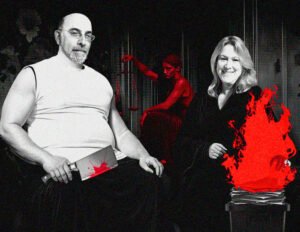Why George Floyd Got Justice But Jonathan Rodgers Got Forgotten
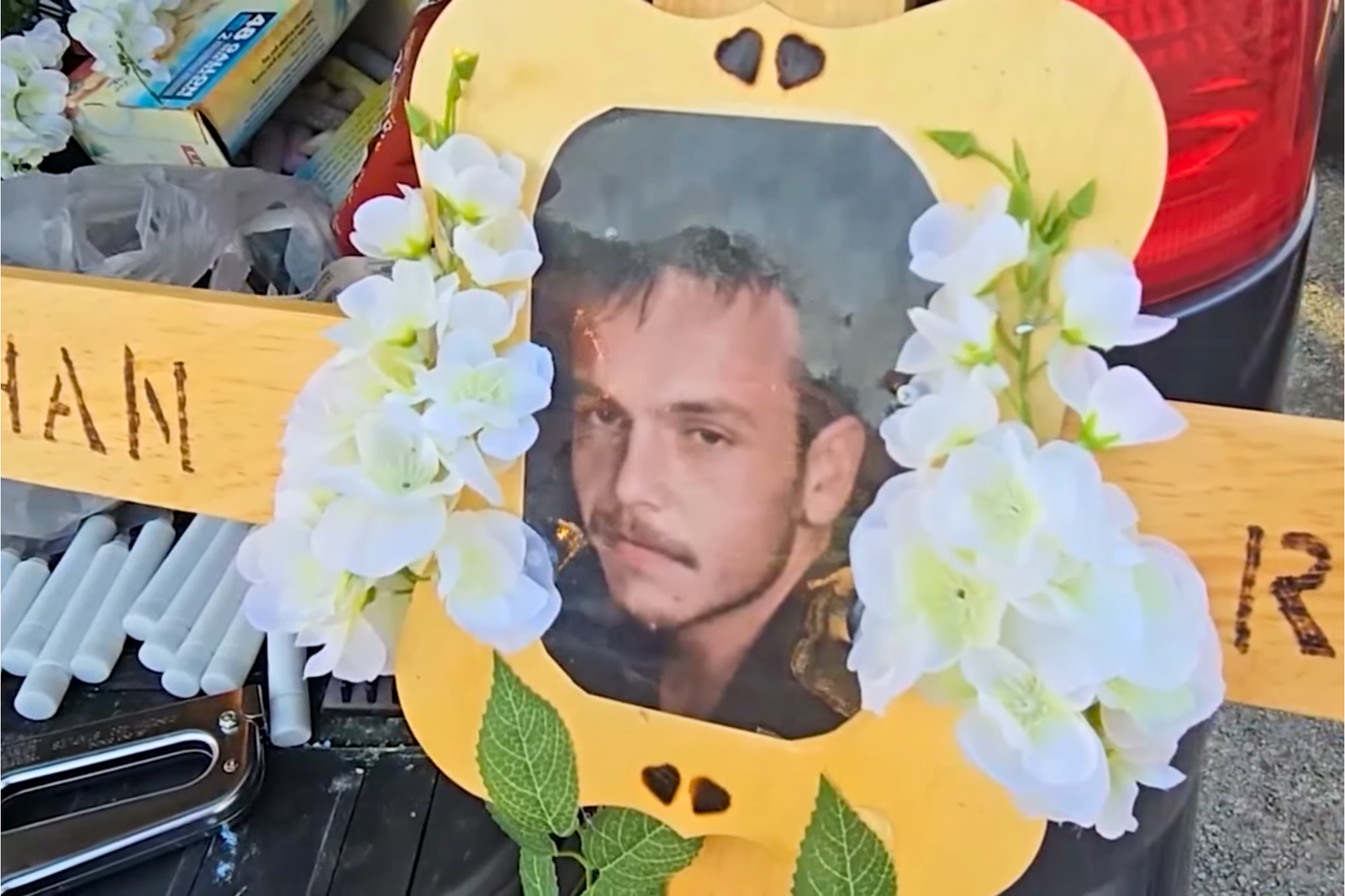
Jonathon Rodgers of Kansas City remembered by family (Screenshot from coverage by Fox4KC)
Although the Jackson County Medical Examiner officially classified his death as a homicide, prosecutors cited an inability to prove causation beyond a reasonable doubt, leading KCPD to close the case in August 2025.
Rodgers, a father of three (ages 5, 6, and 17), struggled with homelessness and addiction, often staying in the encampment with his wife while relying on his mother, Zelpha Rodgers, for support in caring for the children.
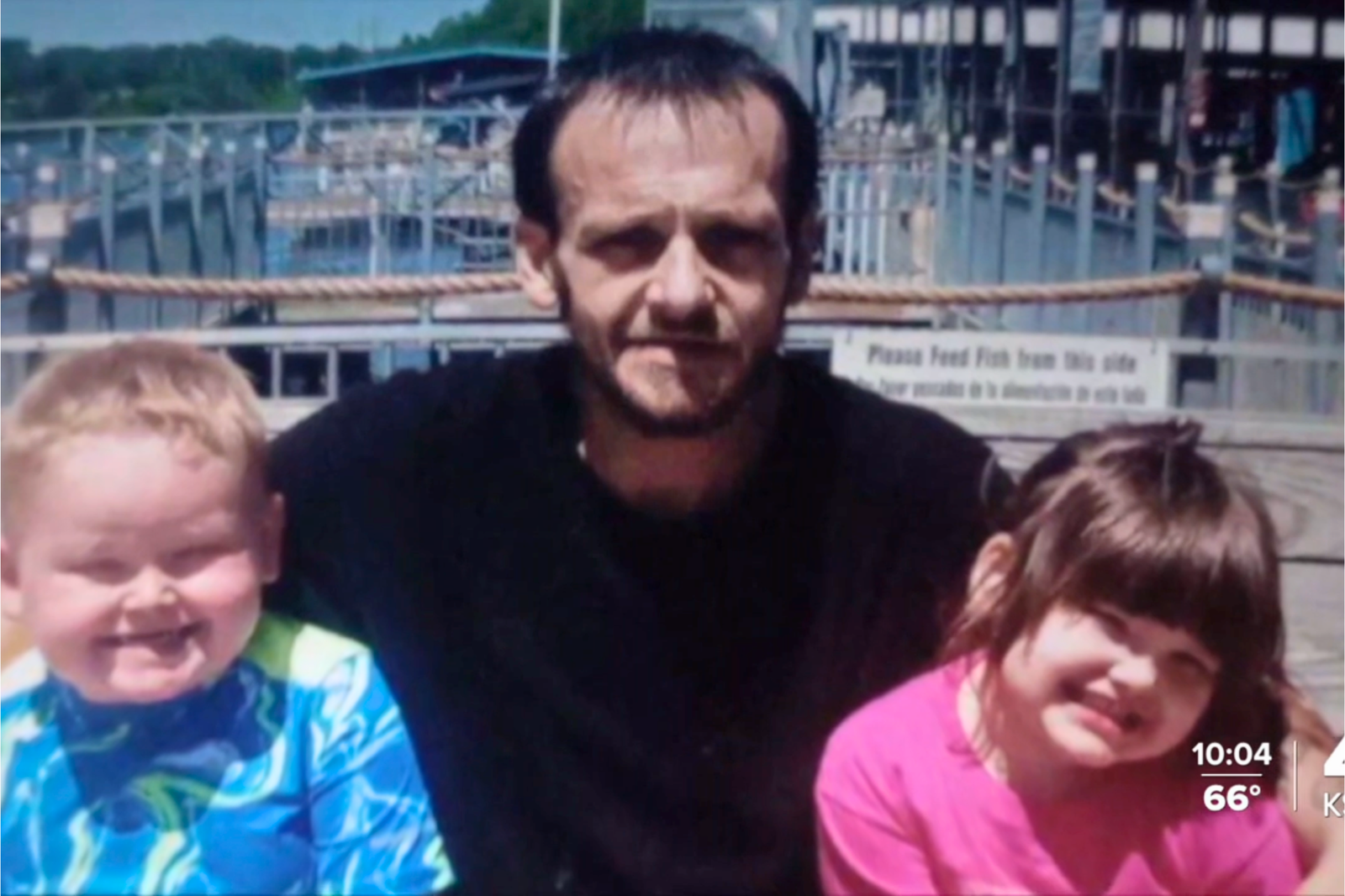
On that fateful evening, Zelpha picked him up at 5:15 p.m. in front of the dollar store. He tossed his backpack in her van, intending to pick up cash from an ATM and finally come home—but he disappeared. After waiting an hour, she left to feed the kids.
Around 7:30 p.m., officers responded to reports of an armed disturbance in the 3700 block of Independence Avenue, finding Rodgers with life-threatening wounds; he died at the hospital shortly after.
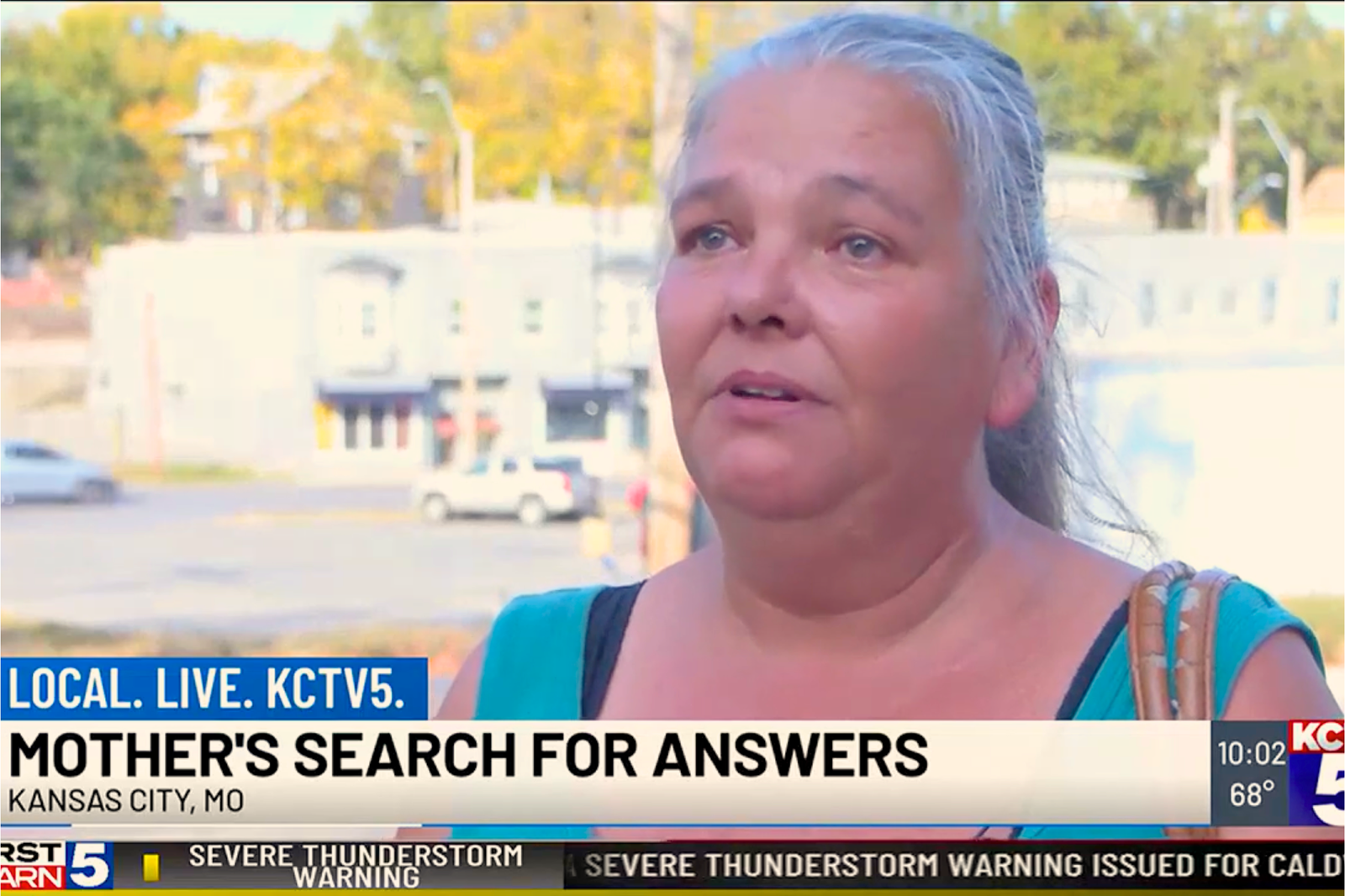
The report, obtained by KSHB 41 and classifying the manner as homicide, detailed the cause as ‘blunt force injuries complicated by cardiac disease and the toxic effects of methamphetamine and fentanyl.’
KCPD closed the case in coordination with prosecutors, who declined charges based on the inconclusive cause, noting they ‘could not prove beyond a reasonable doubt that the defendant’s assault, and not the heart disease or drug use, was what killed Mr. Rodgers.’ Officials emphasized a thorough investigation and at least three meetings with the family since May 2025 to explain the decision.
The case draws striking parallels to George Floyd’s 2020 death in Minneapolis, also ruled a homicide where police restraint interacted with pre-existing heart disease and fentanyl/methamphetamine toxicity.
In Floyd’s trial, prosecutors overcame similar complicating factors to secure a murder conviction against officer Derek Chauvin, sparking nationwide protests and reforms.
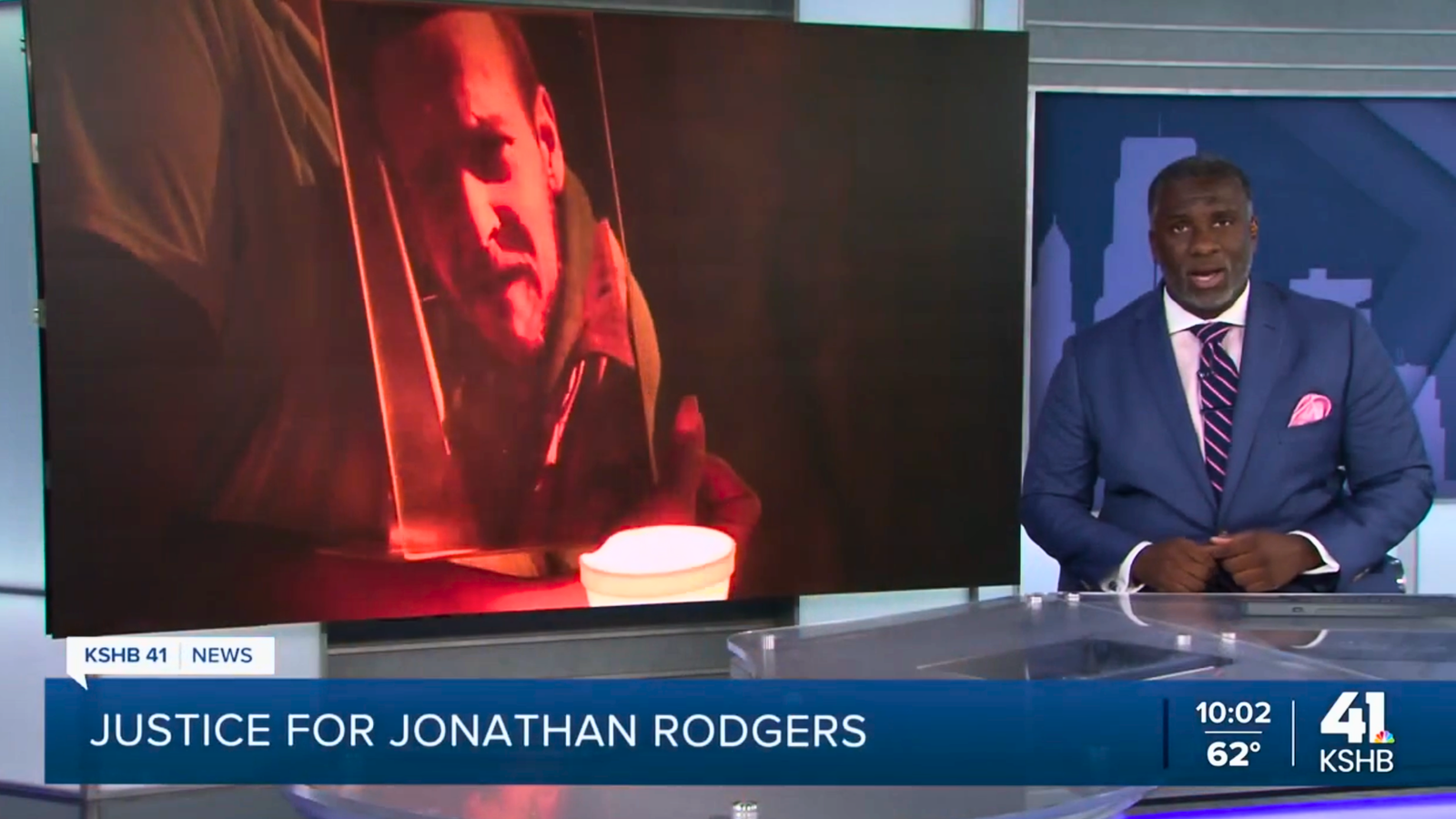
Yet Rodgers’ assailants remain free, raising questions about disparities in justice for vulnerable individuals—whether due to race, homelessness, or lack of public outcry.
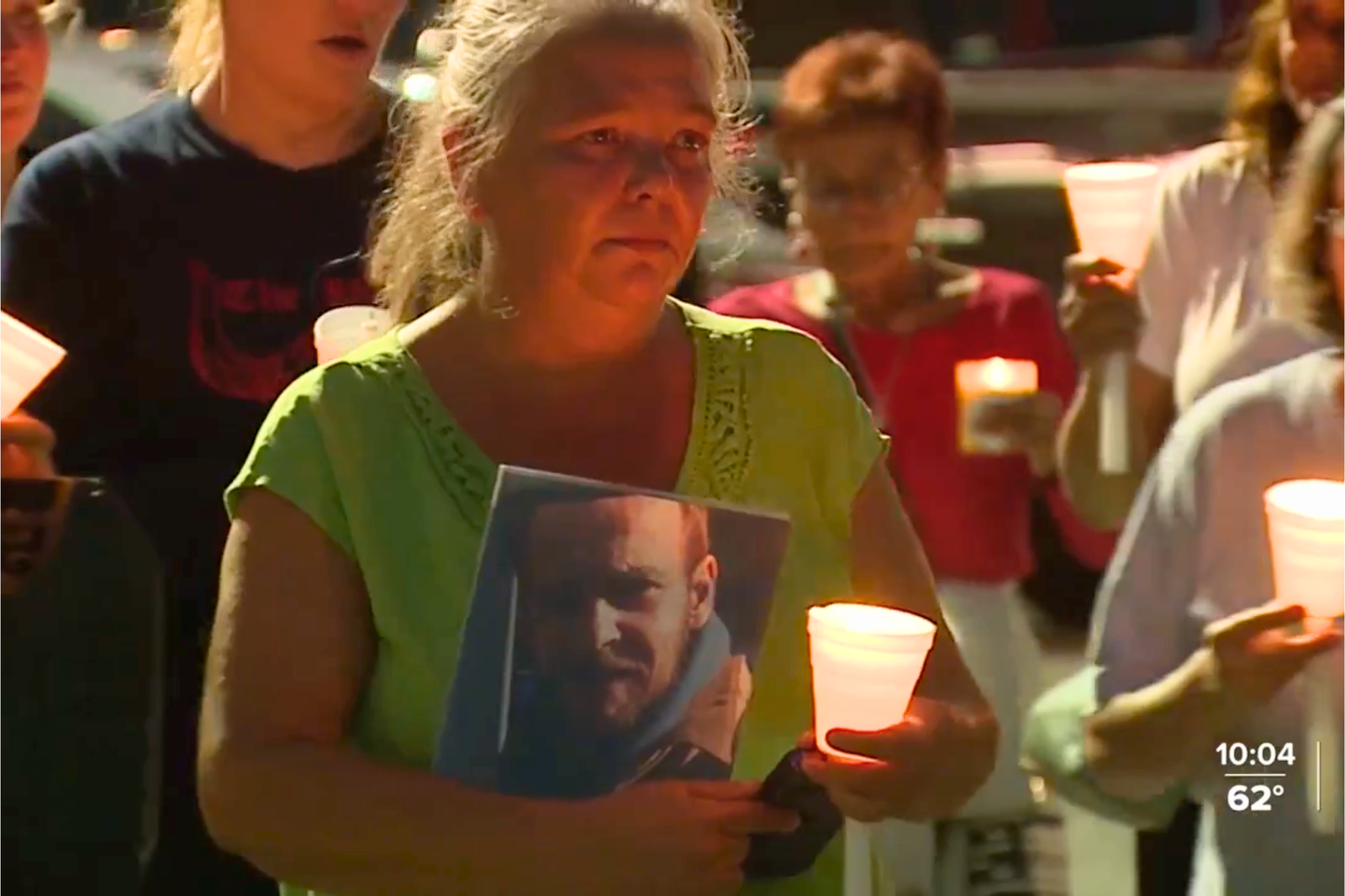
Nearly a year later, on what would have been his 36th birthday, Zelpha held a vigil with family and supporters, expressing unwavering resolve: “I don’t know if they just don’t want to deal with it because they think he’s another poor person, no money, a drug addict, a homeless person. I’m not going to back down, I’m not going to stop.”
Discover More Muck
Card Cracker Turned Carjacker Sentenced to Six Years
Report Strahinja Nikolić | Feb 28, 2025

Yakuza Leader Trafficked Nuclear Material, Narcotics and Weapons
Report Jessika Saunders | Feb 13, 2025

Weekly Muck
Join the mission and subscribe to our newsletter. In exchange, we promise to fight for justice.
Weekly
Muck
Join the mission and subscribe to our newsletter. In exchange, we promise to fight for justice.



